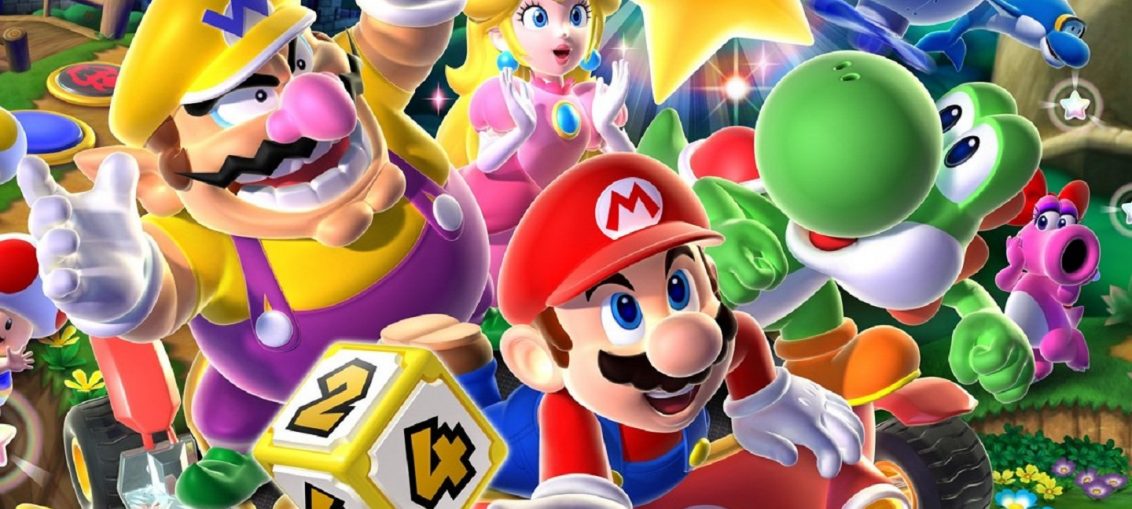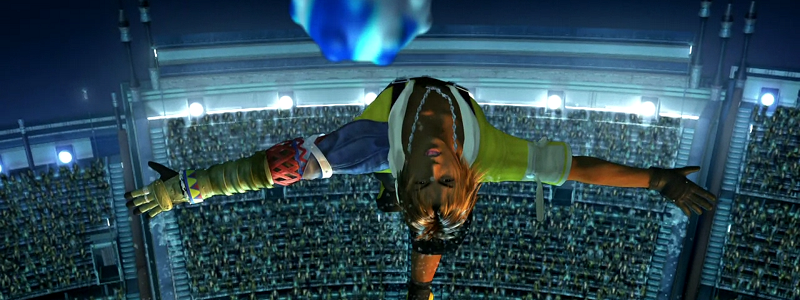
It may seem irresponsible when there is a universe-destroying calamity on the loose. For better or worse, those pesky game protagonists regularly make a habit of dumping hours into mundane activities. It seems that every game has some kind of optional side-content that exists as a complete change of pace from the main gameplay loop. Famous examples of gaming mini-games include Blitzball in Final Fantasy X, that irksome baseball game in The Legend of Zelda: A Link Between Worlds and Gwent in The Witcher 3.
At their best, mini-games are a fun diversion to mix up the pace of a longer main quest. They break up plot tension and serve to make the fictional worlds we play in that much richer. In a lore sense, these mini-games give the populace of these imaginary worlds something to do and enjoy. By simply existing, they make the world that much more immersive and believable.
For all of its gameplay and plot shortcomings, Final Fantasy X’s Blitzball was an interesting attempt to make a world that believably enjoyed a sport. While it was an irksome mini-game for many, the way it was tied into the plot meant that Spira seemed to have a culture that evolved around it, much like how sporting culture has evolved in the real world.
Testing you, and your patience
At their worst, mini-games can be detrimental. They can be frustrating exercises of patience. For many reasons, a mini-game can turn an enjoyable game into a frustrating one. As great as A Link To The Past was, it contained one of the most annoying mini-games that was dependent entirely on luck-based systems. The digging mini-game gives the player thirty seconds to dig in a garden in search of an elusive heart piece. Not a terrible idea in itself, but the mini-game is programmed such that the heart piece is placed in a random location every time it starts. This means that the game is purely dependent on luck.
Even worse are the mini-games that lock off the best content or weapons until the player completes them. Final Fantasy X is just about the worst offender for this, where the most powerful weapons in the game are locked behind some of the worst mini-games ever designed. The Chocobo race in this instalment is pure anti-fun and somewhat random to boot.
A mini-game should be a fun side-activity that rewards the player with perhaps some cool gear. If the side activities required were better designed in Final Fantasy X, perhaps it wouldn’t be so bad. The Chocobo racing and Blitzball are two of the most infamous aspects of the game, drawing ire and frustration from many players.

Are Mini-games worth the trouble
Implementing a mini-game is a balancing act; on the one hand it can boost the game world’s immersion and break up plot tension in an amusing way. It can also serve as a good training exercise. There is a logical foundation for having the less experienced members of a game design team work on these small side-activities. There is less risk than there would be in throwing someone with no experience into working on the main quest itself. Pixar makes good use of this kind of training exercise by having their newer employees create the famous animated shorts that feature before a full-length movie.
However, if they are implemented incorrectly, mini-games can be a frustrating addition. Gamers can resent the fact that certain loot is locked behind the wall of a side-activity. Often times, a badly-placed mini-game can become the subject of scorn and mockery, much like Blitzball in Final Fantasy X.
On the other hand, a well-placed, well-designed mini-game can often be its own reward. Gamers can end up enjoying some mini-games more than the video game itself. Gwent from the Witcher 3 is a popular example of this. All mini-games serve a purpose; to add variety, to let developers test new ideas. Sometimes to break up plot or to create a believable game culture. In the right hands, can be a very powerful tool indeed.
Like them or loathe them, the mini-game stands as one of the most-used gaming tropes in history.
